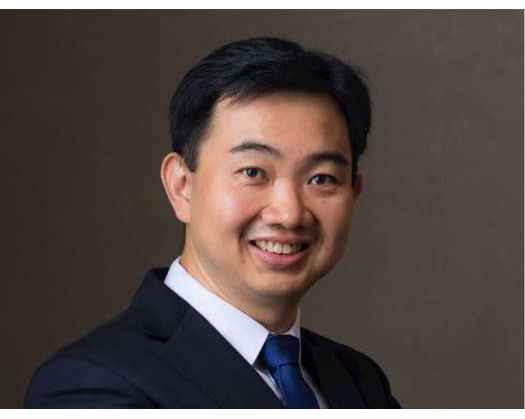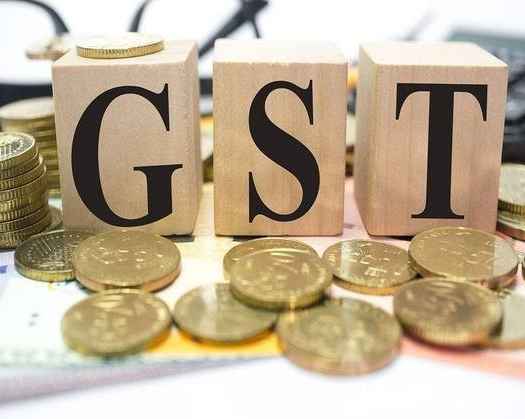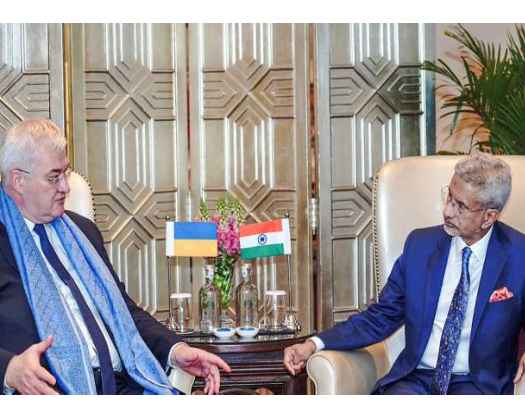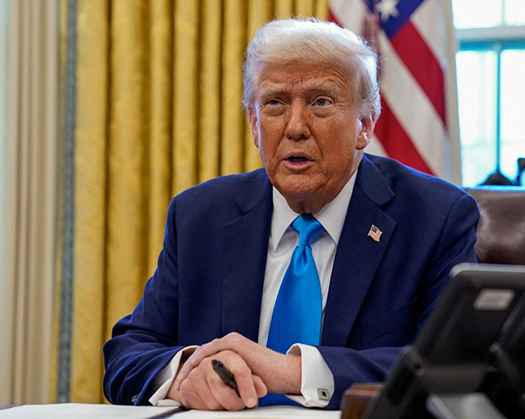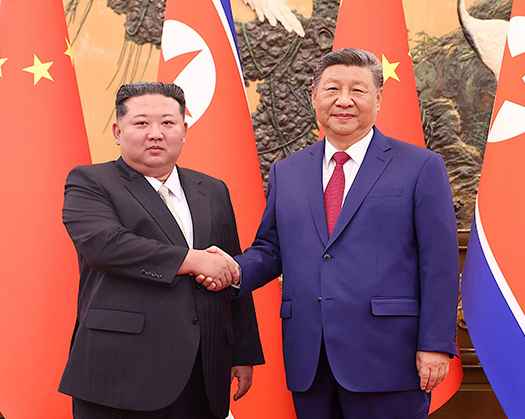New Delhi: With almost sixty years of expertise in the semiconductor sector, Singapore is eager to share its insights and skills with India, where the industry is still in its early stages but possesses significant potential.
"As a well-established hub for semiconductors, Singapore has a wealth of diverse experience in this field. We are prepared to share our knowledge, facilitate knowledge transfer, and impart the necessary skills for the industry," stated Ang Wee Seng, Executive Director of the Singapore Semiconductor Industry Association (SSIA), during an interview with ANI in the national capital on Thursday. He is visiting India for the Semicon India 2025 event.
On the first day of the three-day semiconductor-centric event (September 2-4), now in its fourth edition, SSIA signed a Memorandum of Understanding (MoU) with the National Institute of Electronics and IT (NIELIT) aimed at enhancing the talent pool in India to better equip it for the future.
"We have been collaborating on this MoU since the start of this year. Its primary goal is to strengthen the relationship between industries and academia in both Singapore and India. It aims to enhance the skills of the workforce in India for the industry, ensuring they are well-prepared for future challenges," Ang See Weng explained.
He added that the exchange of experiences between the industries of both nations could foster a stronger network of business-to-business relationships.
Singapore's journey in the semiconductor industry commenced in 1968 with the establishment of its first company, National Semiconductor. Since that time, it has cultivated a highly diverse ecosystem, encompassing not only front-end fabs and OSAT but also equipment manufacturing.
Singapore, a small nation in terms of land area, produces and assembles around 20% of the global semiconductor equipment, which plays a crucial role in its economy, he remarked.
"This industry is indeed very significant. However, as we are all aware, the world is currently facing turmoil. Yet, the demand for chips keeps increasing. Therefore, to satisfy global demand, it is not just about Singapore as a small island; we need to enhance chip production, or Malaysia should step in to increase chip manufacturing."
He stated that collaboration is essential at this moment, suggesting that Singapore and India should join forces in this sector.
Moreover, during the discussion, the official from the Singaporean semiconductor industry chamber highlighted the importance of preparing the next generation of business leaders.
"I believe it is vital for them to consider India. Likewise, from India, they should keep Singapore in mind. We need to facilitate their interaction. We must establish a program, system, or platform that allows them to connect at a certain stage in their careers," he emphasized.
The semiconductor sector demands a vast talent pool, and working in isolation is often neither practical nor wise.
Ang Wee Sang concurred that no single country possesses sufficient talent, and there will always be a requirement for new skills. "The demand for semiconductor talent is on the rise as the industry expands. Thus, there is a pressing need for skilled individuals."
"We recognize that India has a robust talent pool, and acquiring knowledge from India in this field would be crucial," he added.
When asked if Singaporean companies are likely to enter India for the production or co-production of semiconductor chips in the near future, he responded affirmatively.
"If you broaden your perspective beyond just chips to encompass all aspects of semiconductors, including piping systems and chemical delivery systems, the answer is a quick yes," he stated.
He informed that Specmax Technologies Pte. Ltd, a Singaporean firm, is already producing its chemical delivery system for a semiconductor fabrication facility in Gujarat.
As per the information on Specmax Technologies' website, the company was founded in 2014 and focuses on engineering projects and services, primarily catering to industries such as semiconductor manufacturing, petrochemical engineering, and other sectors that depend on complex piping systems and advanced automation solutions.
According to Ang See Weng, this partnership between India and Singapore is set to last for many years. "We are essentially already bonded together. We are close allies. Thus, I believe we are merely at the very beginning of this journey today."
At the Semicon India event, Singapore has established a booth to display its technologies and innovations. On the second day, Wednesday, Prime Minister Narendra Modi visited the Singapore booth while touring several other exhibits.
"The active involvement of Singaporean companies in the 'Semicon India' Conference is, in itself, highly significant," PM Modi remarked today during the Joint Press Statement with Singapore's Prime Minister Lawrence Wong, who is on a three-day official visit to India from September 2-4. In Chennai, Singapore will partner in the creation of a National Centre of Excellence for Skilling, PM Modi announced. "This Centre will aim to develop a skilled workforce in the realm of advanced manufacturing."
Semiconductors are fundamental to contemporary technology. They drive critical systems in healthcare, transportation, communication, defense, and space. As the globe progresses towards increased digitalization and automation, semiconductors have become essential for economic security and strategic autonomy.
In June 2023, the government sanctioned the initial proposal for the creation of a semiconductor unit in Sanand, Gujarat.
Fast forward to today, the government has greenlit 10 semiconductor manufacturing initiatives with a total investment exceeding Rs 1.60 lakh crore across six states: Gujarat, Assam, Uttar Pradesh, Punjab, Odisha, and Andhra Pradesh. Progress is being made on several of these initiatives. The first Made in India commercial semiconductor is anticipated to emerge from the factory assembly lines later this year.

